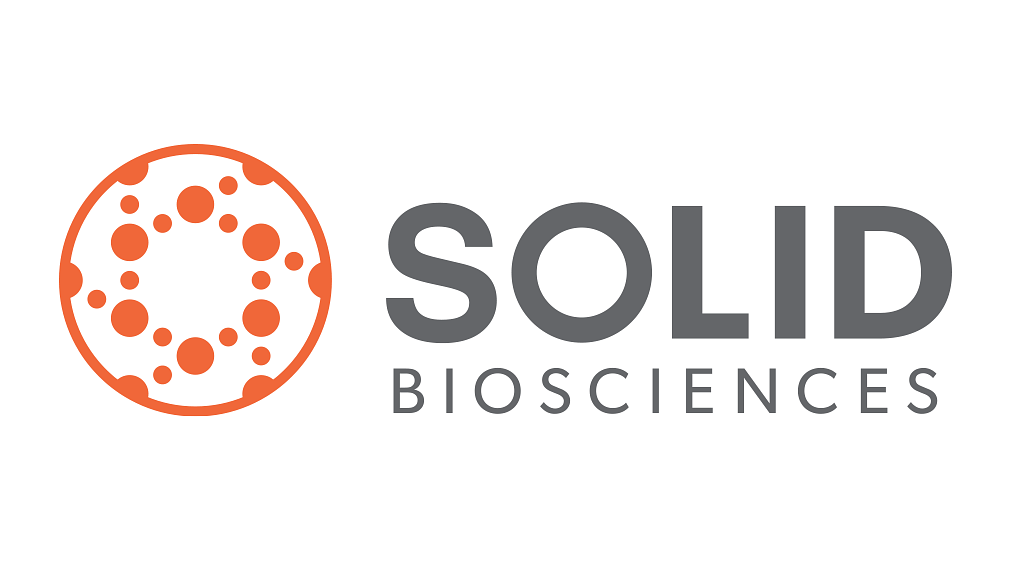
Capsid-as-a-Service: Gene Therapy Component Licensing Gains Momentum
Solid Biosciences’ licensing deal with Andelyn Biosciences signals a shift in gene therapy manufacturing – outsourcing critical components for broader access and accelerated development. A new business model emerges.
Capsid-as-a-Service: Gene Therapy Component Licensing Gains Momentum
NEW YORK, NY – November 17, 2025 – A growing trend in gene therapy – the licensing of key components like AAV viral capsids – is gaining momentum, with Solid Biosciences and Andelyn Biosciences forging a new partnership that exemplifies this shift. The agreement grants Andelyn a non-exclusive license to use Solid’s next-generation capsid, AAV-SLB101, expanding access to the technology and potentially accelerating development programs for a range of genetic diseases. This ‘capsid-as-a-service’ model is reshaping the manufacturing landscape and fostering innovation within the industry.
The Rise of Component Licensing
For years, gene therapy companies have largely focused on developing entire therapies in-house, from vector design to manufacturing and clinical trials. However, the complexity and cost associated with each step are proving significant hurdles. Now, a growing number of companies are exploring a more specialized approach, outsourcing key components to CDMOs with expertise in areas like vector manufacturing or capsid engineering.
“The economics of gene therapy are challenging,” explains one industry analyst. “Companies are realizing that focusing on core competencies and outsourcing specialized tasks can reduce costs and speed up development timelines.” This shift is particularly evident in the capsid space, where companies like Solid Biosciences are looking to maximize the value of their proprietary technologies by licensing them to a broader network of partners.
Solid Biosciences has already secured over 30 agreements for AAV-SLB101 use, demonstrating strong demand for its differentiated capsid. The capsid is engineered for improved muscle targeting and reduced liver impact – crucial characteristics for therapies targeting neuromuscular and cardiac diseases. The partnership with Andelyn is not merely about generating revenue; it's about expanding the reach of a promising technology and facilitating innovation across the industry.
Beyond Duchenne: Expanding the Therapeutic Potential of AAV-SLB101
Initially developed as a key component of Solid Biosciences' investigational gene therapy for Duchenne muscular dystrophy (DMD), AAV-SLB101 is now poised to play a role in a wider range of therapeutic applications. Clinical trial data from the Phase 1/2 INSPIRE DUCHENNE trial indicate the capsid is generally well-tolerated, with early signs of efficacy in delivering the therapeutic gene to muscle tissue. While the DMD program remains a primary focus, the potential to leverage AAV-SLB101 in other genetic diseases is driving demand for licensing agreements.
“The capsid’s unique properties – its muscle tropism and reduced liver biodistribution – make it an attractive option for therapies targeting a variety of tissues,” comments a gene therapy researcher. “It's not just about DMD anymore; companies are exploring its potential in cardiac diseases, neuromuscular disorders beyond DMD, and even certain types of cancers.”
Andelyn Biosciences, with its modular AAV Curator® platform and expertise in viral vector manufacturing, is well-positioned to help companies leverage AAV-SLB101 in their development programs. The CDMO’s capabilities range from process development to large-scale manufacturing, offering a comprehensive solution for companies looking to outsource vector production. Andelyn’s scale – capable of supporting up to 2,000-liter batches – is particularly crucial as gene therapy programs advance towards late-stage clinical trials and commercialization.
Manufacturing Shift: The Role of CDMOs in Gene Therapy
The growing trend of component licensing is fueling demand for specialized CDMOs like Andelyn Biosciences. Historically, many gene therapy companies preferred to maintain full control over their manufacturing processes, building in-house capabilities to ensure quality and security of supply. However, the complexity and cost of building and maintaining these facilities – coupled with the need for specialized expertise – are driving a shift towards outsourcing.
“Gene therapy manufacturing is not for the faint of heart,” says one industry executive. “It requires significant investment, highly trained personnel, and a deep understanding of regulatory requirements. CDMOs can provide access to these resources without the need for companies to build everything from scratch.”
Andelyn’s AAV Curator® platform, designed for modularity and scalability, is a key differentiator in the CDMO landscape. The platform allows for flexibility in process development and manufacturing, enabling companies to adapt to changing needs and accelerate timelines. The company's ability to support both suspension and adherent cell culture processes further enhances its versatility. As gene therapy programs move towards commercialization, the demand for reliable and scalable manufacturing capacity will only increase, positioning CDMOs like Andelyn for continued growth and success.
